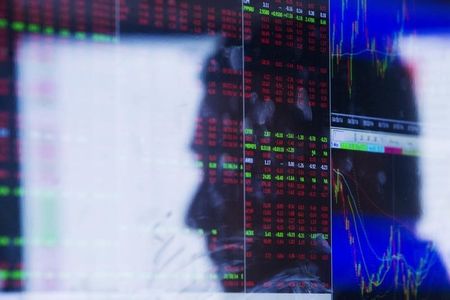Follow us on LinkedIn
Companies must maintain a specific inventory level to meet production and customer needs. They can use various methods and techniques to determine that level. Sometimes, they may run out of stock, known as a stockout or out-of-stock.
What does Stockout mean?
Stockout is when a business or retailer has insufficient inventory to meet customer demand for a particular product. It occurs when the available stock of an item gets depleted or falls below a specified threshold. Essentially, it implies the item is temporarily or completely unavailable for purchase or distribution.
Stockouts can have significant consequences for businesses. They can result in lost sales, dissatisfied customers, and potential reputational damage. Customers who encounter stockouts may opt to delay their purchase, choose an alternative product, or even switch to a competitor. Moreover, stockouts can disrupt supply chains, impact production schedules, and lead to inefficiencies and increased costs for companies.
How does Stockout impact operations?
Stockouts can have significant repercussions for a company’s operations and bottom line. Firstly, stockouts lead to lost sales and revenue. When customers cannot find the desired product, they may opt for alternatives or delay their purchase. It directly impacts the company’s sales figures and can result in missed revenue opportunities.
Secondly, stockouts can damage customer relationships and satisfaction. Customers expect products to be available when needed, and encountering stockouts can lead to frustration and disappointment. Thirdly, stockouts can disrupt the supply chain and increase operational costs. When inventory levels are insufficient to meet demand, it can lead to production delays, inefficiencies, and increased expenses.
What are the causes of Stockouts?
Stockouts can occur due to a combination of factors. Firstly, inadequate inventory planning and forecasting can lead to stockouts. If a company underestimates demand or fails to anticipate changes in customer preferences, it may not have enough inventory to meet customer needs. It can result in stockouts and missed sales opportunities.
Secondly, supply chain disruptions can cause stockouts. Issues such as shipping delays, transportation problems, production delays, or quality control issues can interrupt the smooth flow of goods and lead to inventory shortages. Unforeseen events like natural disasters, labour strikes, or supplier disruptions can also impact inventory availability and contribute to stockouts.
How to prevent Stockouts?
Companies employ various strategies to mitigate stockouts and ensure product availability. Firstly, accurate demand forecasting plays a vital role. By analyzing historical data, market trends, and customer insights, companies can make more precise predictions of future demand. It enables them to optimize inventory levels, adjust production schedules, and proactively replenish stock to meet customer needs.
Secondly, effective inventory management practices, such as safety stock, are employed. Safety stock serves as a buffer to protect against unexpected fluctuations in demand or supply chain disruptions. By maintaining an inventory reserve, companies can bridge the gap between demand and supply during uncertain periods, reducing the risk of stockouts and ensuring a continuous flow of products to customers.
Lastly, close collaboration with suppliers and strong supplier relationship management is crucial. By building reliable partnerships, companies can improve supply chain visibility, streamline communication, and enhance responsiveness. It facilitates timely replenishment, early identification of potential supply issues, and quick resolution of potential disruptions.
Conclusion
A stockout occurs when a company fails to maintain a specific inventory level to meet its needs. It can have significant repercussions for a company and its relationship with customers. However, companies must consider more than one cause of stockouts in daily operations. Nonetheless, companies can avoid these situations with some proactive measures.
Further questions
What's your question? Ask it in the discussion forum
Have an answer to the questions below? Post it here or in the forum




